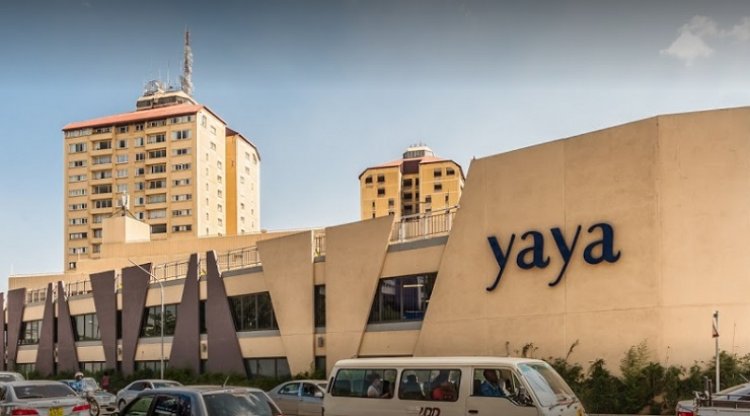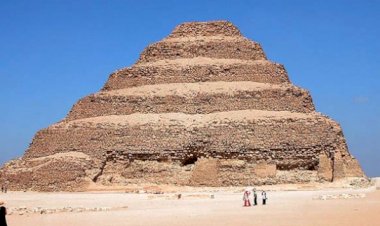The Law and Mixed Use Development
It is necessary to consider all the provided legislations that regulate the establishment of mixed-use development before a project is started to avoid being on the wrong side of the law.

In the few past articles, we have been looking at mixed-use developments however, do you know the laws that govern search establishments?
These laws regulate the land ownership and disposal of interest, the environmental aspects, procuring of utilities as well as the physical planning of mixed-use development.
 Yaya Cente, Nairobi []Photo/Courtesy]
Yaya Cente, Nairobi []Photo/Courtesy]
1. Land ownership and disposal of interests in mixed-use development
The constitution of Kenya 2010, the National Land Commission and the land registration act regulate the ownership and disposal of interest. The constitution of Kenya 2010, for example, allows the state to regulate the use of any land, or any interest over any land, in the interest of defense, public safety, public order, public morality, public health or land use planning.
2. Environmental aspect of mixed-use development
Act number 8 of 1999 and the Environmental Management and Co-ordination Act principally regulate the environment. A mixed-use project is considered a large-scale investment that may impact the environment in various ways. It is therefore important to pay attention to environmental issues.
3. Physical planning of mixed-use development
A mixed-use development should be in line with the planning and the general layout of the town or the area in which the construction will take place. It is therefore, necessary to establish whether the area planning permits the establishment of whatever projects and if the zoning allows it in the area. Planning is regulated by the Physical Planning Act, no.6 of 1996 and the urban areas and cities act, 2011.
4. Utility services
Key utilities in any project are water and energy. In Kenya, the Energy Act, no.12 of 2006 is the substantive law regulating energy use and management. On the other hand, the Water Act, No.8 2002 is the principal legislation on the use and management of water resources in Kenya. The Acts establishes the Water Resources Management Authority which (among other functions) receives and determines the application for permits for water use, to monitor and enforce water use attached conditions.
It is therefore necessary to consider all the provided legislations that regulate the establishment of mixed-use development before a project is started to avoid being on the wrong side of the law. In the next article, we will look at the legal challenges in the structuring of mixed-use developments.
-Edited by Skeeter Imisa

































